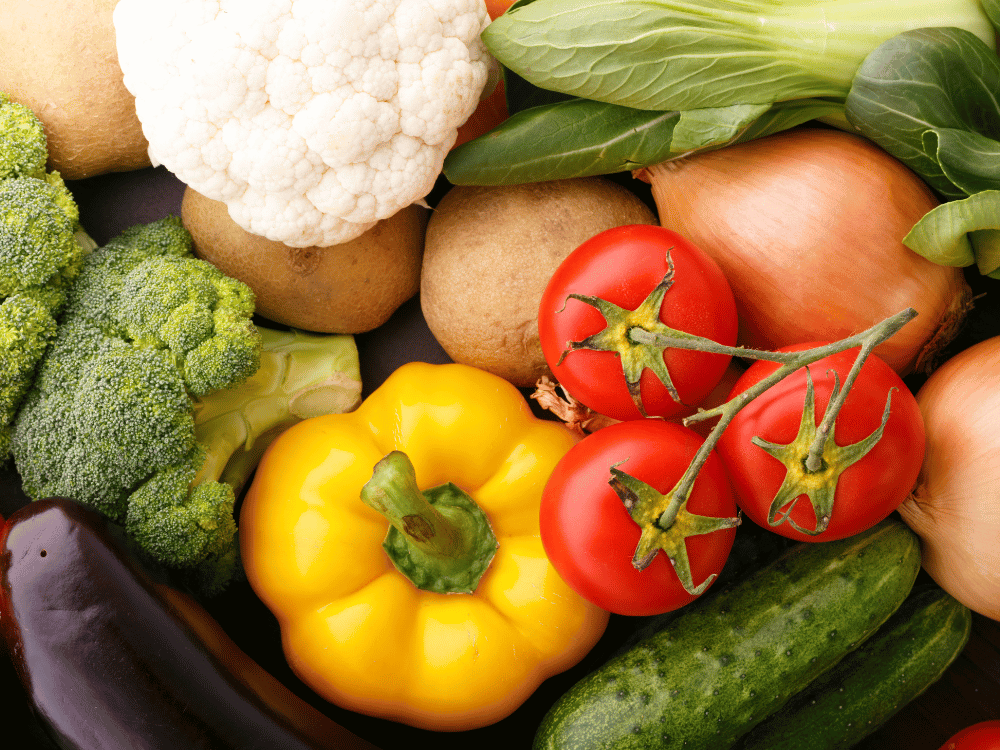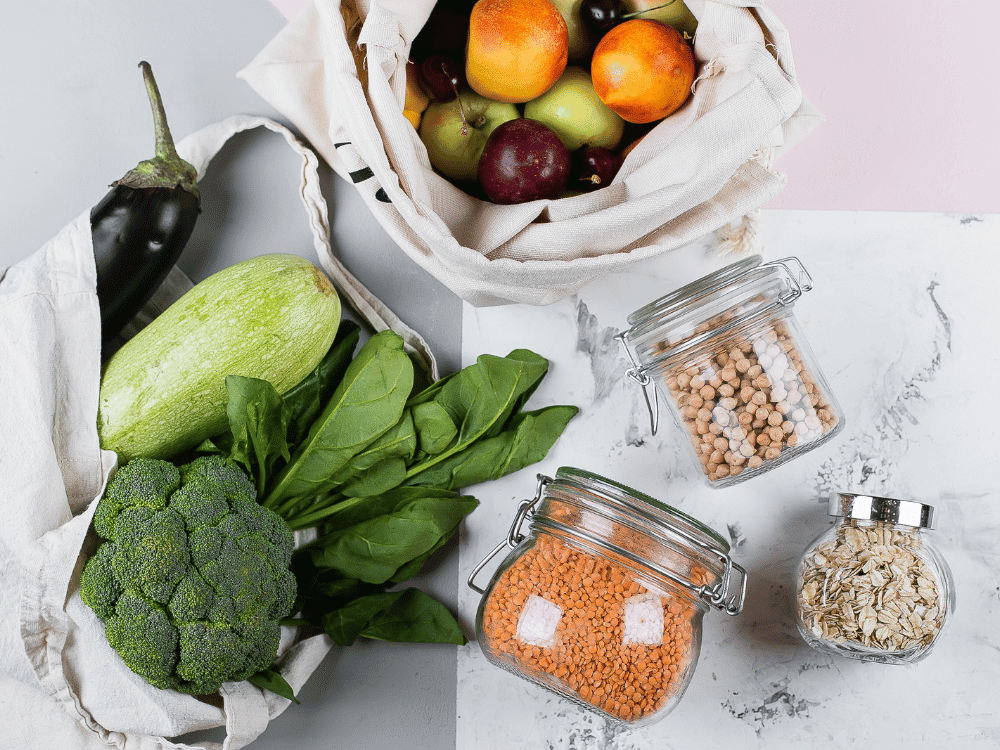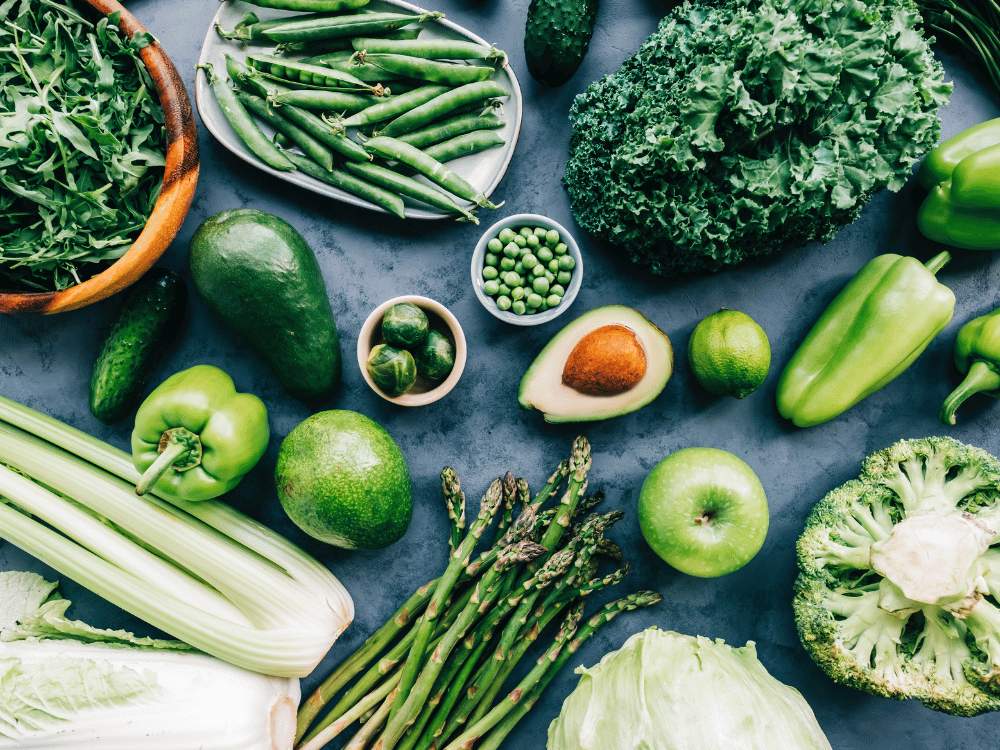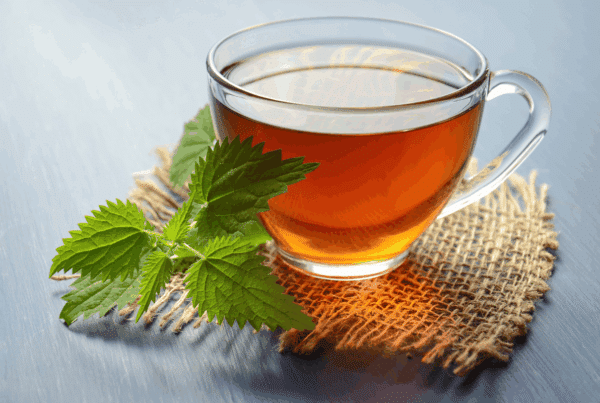What is organic food?
Organic food is food that is grown without the use of chemical pesticides, mineral fertilizers, hormones, antibiotics and veterinary drugs. Instead, traditional farming methods such as crop rotation and extensive tillage are used.
The importance of organic food is increasingly recognized in the world, including in our country.
The production of organic food is subject to strict control and legal regulations. This type of production takes place in compliance with prescribed standards, including the limited use of fertilizers and pesticides.
Organic producers rely on natural methods for plant protection, such as the use of insect predators and natural pest control materials. The fertilizers used are of organic origin, such as compost, manure or green manure.

How to recognize organic products?
There are certificates and labels that confirm that food is organically produced. These certificates are awarded after thorough inspections to guarantee that organic producers meet certain standards.
One of the main reasons for the growing popularity of organic food is its positive impact on human health. Many believe that eating organic food is a healthier choice, as it does not contain chemical residues that may be present in conventional food.
In addition, organic production can have a positive impact on the environment, as it focuses on preserving soil fertility, reducing the use of chemicals and supporting biodiversity. Organic farming also encourages the preservation of traditional plant varieties and maintains soil fertility in the long term.
Another important aspect of organic food is the ethical aspect. Organic farming usually involves better conditions for the animals, including access to open spaces, natural diets and the absence of growth hormones or antibiotics.
It is important to point out that organic food can be more expensive than conventional food, due to higher labor and stricter production standards. However, many find investing in organic food worthwhile because of its many benefits.

Benefits of organic food
Research points to several potential differences between organic and conventional foods.
Organic food contains fewer pesticides
Organic food is grown without the use of chemical pesticides, which means it has lower levels of pesticide residues. This can be especially important with foods that tend to retain higher amounts of pesticides, such as thin-skinned fruits and vegetables.
Organic foods have a higher content of antioxidants
Studies have shown that some organic foods have a higher content of antioxidants, such as polyphenols. Antioxidants are important for protecting the body from oxidative stress and can have a positive impact on health.
Organic food does not contain GMOs.
Organic food must not contain genetically modified organisms (GMOs). For those who want to avoid GMO foods, the organic option may be preferred. GMOs (genetically modified organisms) are organisms whose genetic material has been artificially altered, usually with the help of genetic engineering techniques.
In the context of food, this means that plants or animals have been modified to have certain genes from other organisms inserted into them to obtain desired characteristics, such as resistance to pests or increased yields.
Biodiversity conservation
Organic production usually promotes biodiversity conservation. Through the use of traditional agricultural methods, such as crop rotation and support for local ecosystems, organic production can provide greater support for plant and animal diversity.
Animals raised on organic farms live in healthier conditions
Farmers feed conventionally raised livestock antibiotics to prevent disease, but they also allow for overcrowding or unsanitary conditions. When antibiotics end up in food, they can contribute to antibiotic resistance, which poses a major threat to human public health.
Organic meat, poultry, eggs and dairy products come from animals that have not been given antibiotics or growth hormones. Synthetic hormones have been linked to premature reproductive development in females and health problems in livestock.
Soil health
Organic farming creates healthy soil. Healthy soil creates healthy food and a healthy environment. Organic farmers use natural organic fertilizers and soil amendments such as organic matter (stuff you can compost), green manures, and animal manures to build healthy soil.
When food is grown in healthy soil, crops are better able to resist disease, survive drought and tolerate insects.
Sewage sludge is not used for fertilization
Organic farming never uses sewage sludge. Sewage sludge is a product of wastewater treatment and contains numerous known and unknown hazardous substances - including everything that is discharged into the sewage system.
When treated, sewage sludge can be applied to agricultural crops as fertilizer – meaning that this chemical soup, often full of toxic compounds, nanomaterials, hormones and dangerous pathogens, is applied to the very food we eat. But not on organic food!
Organic products are managed according to defined processes for planting, growing and handling. A very important part of the process-based regulatory framework is the prohibition of certain methods in organic production and handling.
Methods such as irradiation, sewage sludge and genetic engineering are expressly prohibited for use in growing or processing organic food.
Organic food reduces the risk of cancer
Eating organic food can reduce the risk of cancer. A new study in JAMA Internal Medicine she found that those who ate organic foods often reduced their overall risk of developing cancer. Specifically, those who primarily ate organic foods were more likely to ward off non-Hodgkin lymphoma and postmenopausal breast cancer compared to those who rarely or never ate organic foods.
Conclusion
The growing importance of organic food in the world, including in Serbia, indicates a growing awareness of the importance of a healthy way of eating and preserving nature.
In addition to the fact that organic food has many benefits for human health, it is also much better for the environment. Also, our personal opinion is that organic food is much tastier compared to food produced in mass production, which is certainly one of the biggest benefits. If you are just starting out with an organic diet, we recommend that you first read our text Introduction to Organic Eating: Tips for Beginners.
In the Healthy Jungle offer, you can find a large number of organic products that are certified organic.









